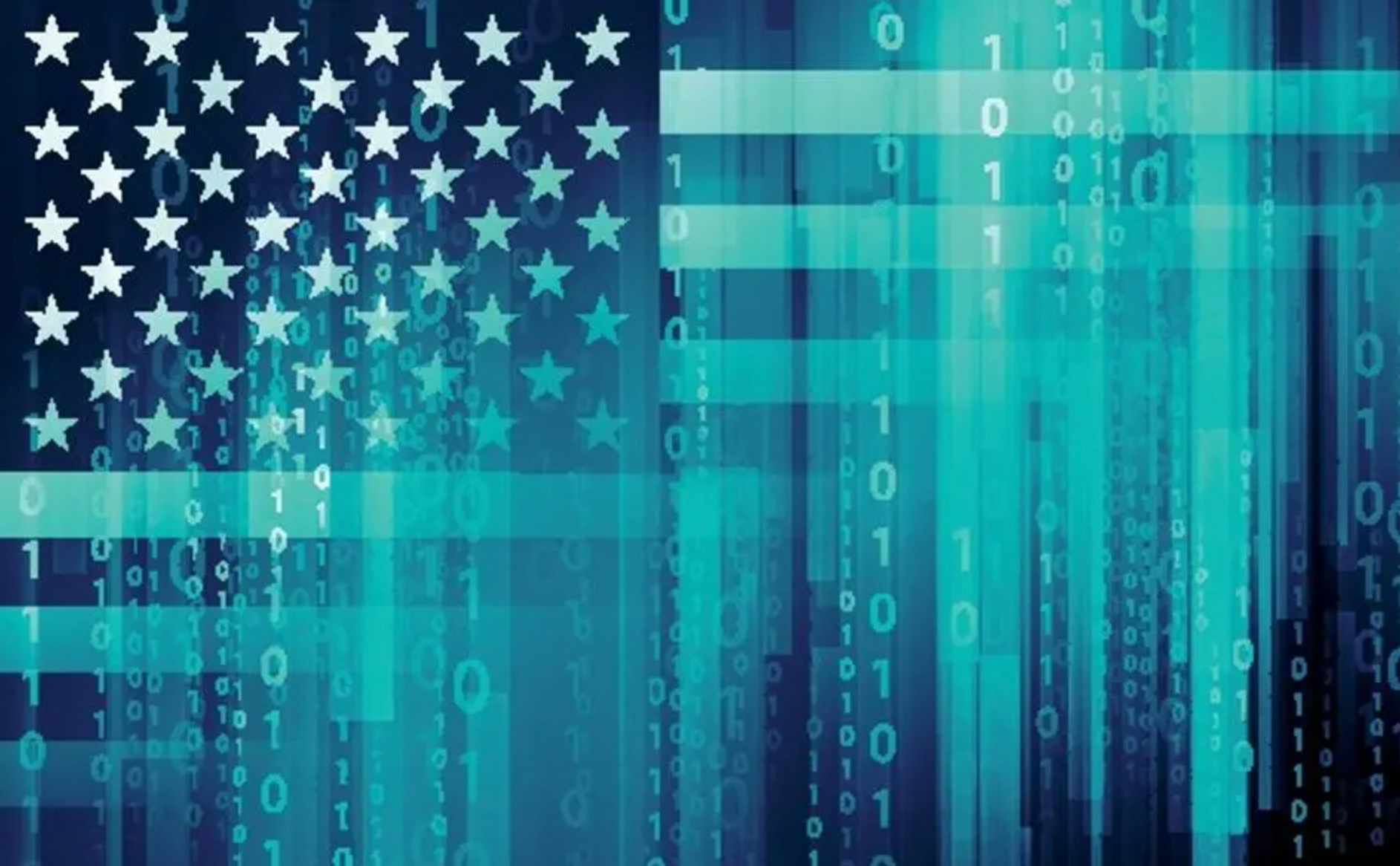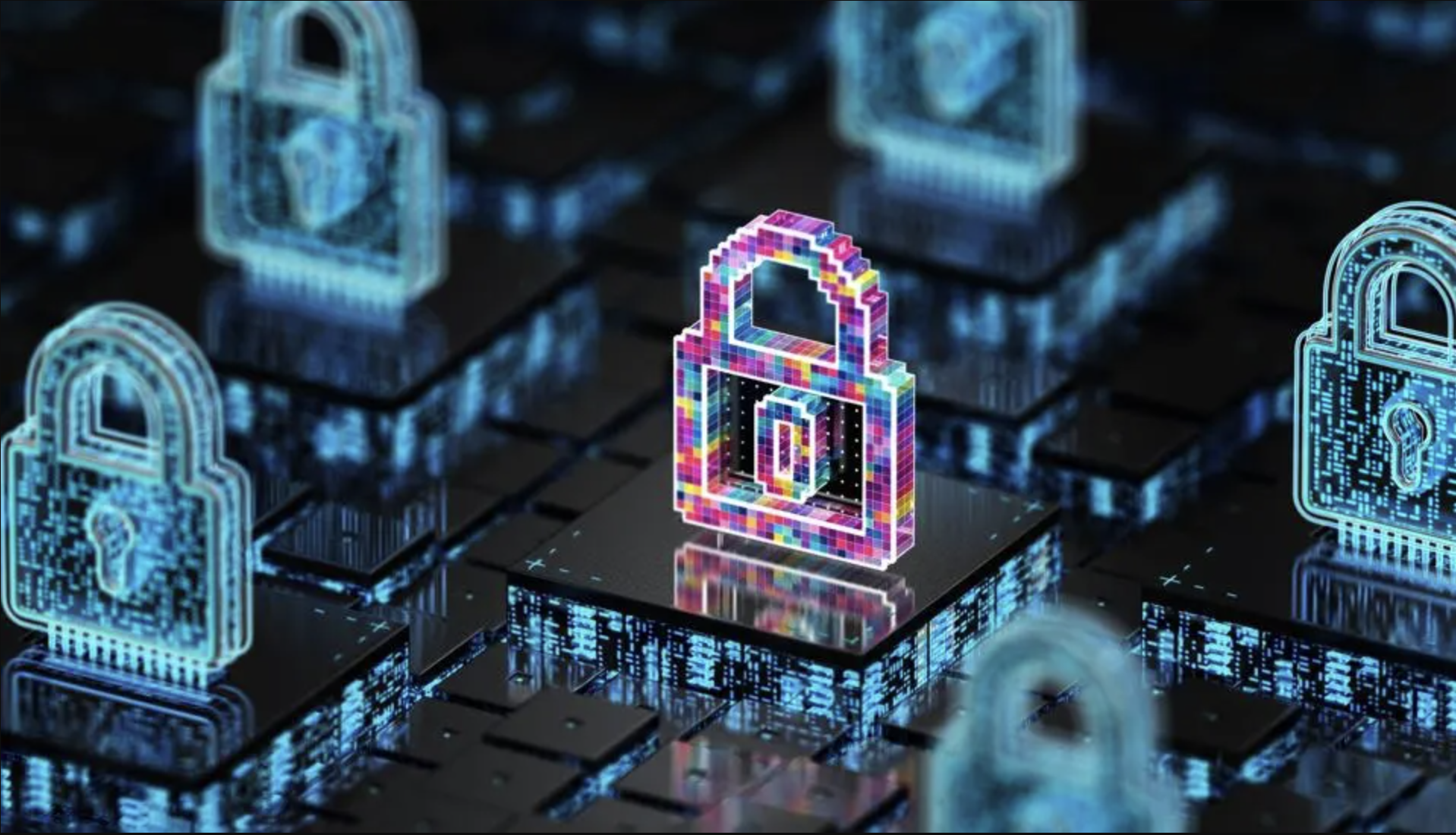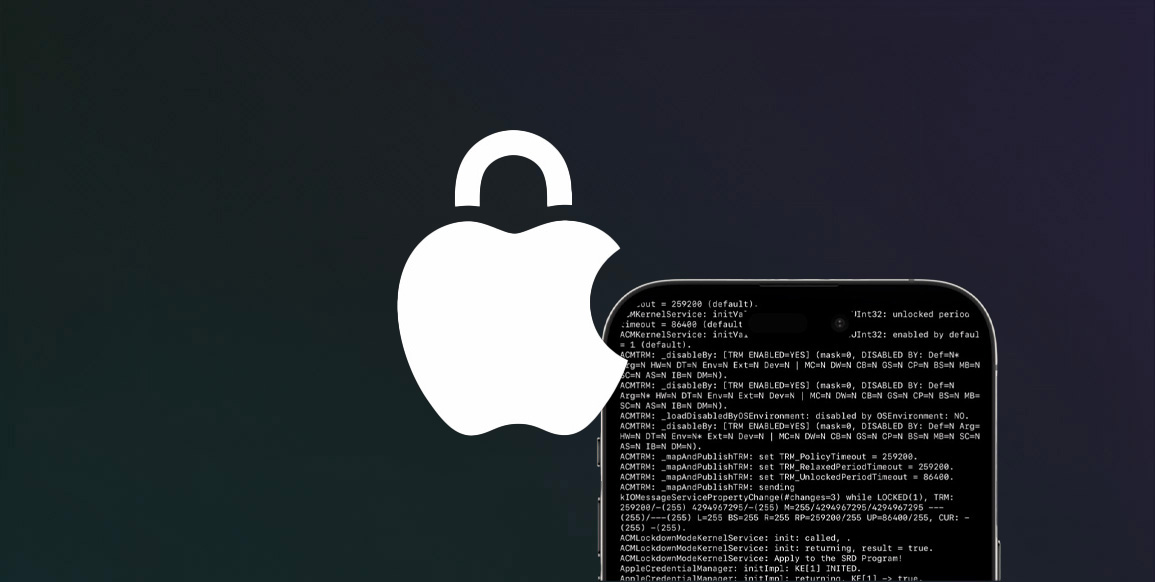

Michelle Drolet
Approximately 1 in 3 SMBs were hit by a cyberattack last year—some costing upward of $7 million. The need to prioritize cybersecurity has never been greater. Let’s explore nine cybersecurity elements that organizations must prioritize for 2025. 1. Put Someone In Charge Just like you have an expert in charge of looking after your company’s finances, it’s
3 Minute 54 Second Read









